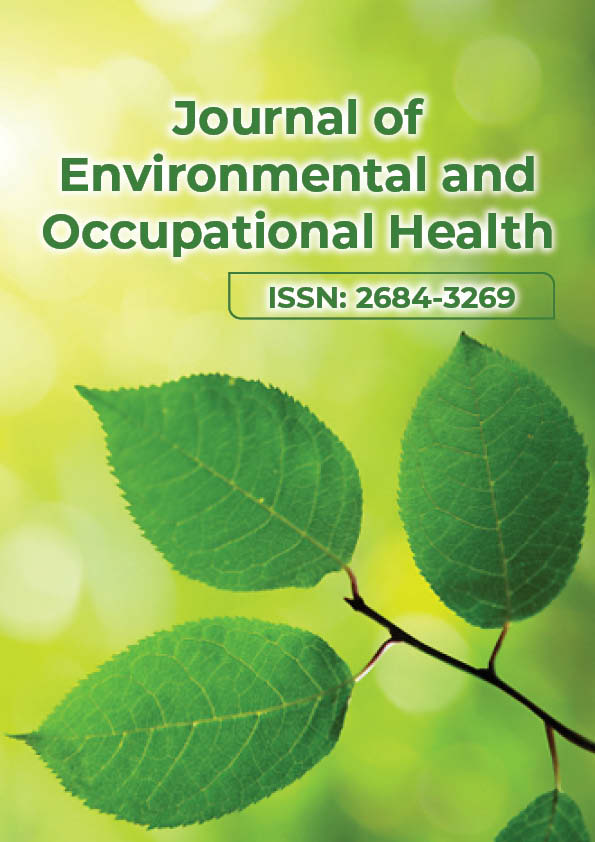The association between psychological capital, mental health, and burnout among specialists working in autism centers in Pakistan
Abstract
FarwahRafaq,SoniaIjaz Haider,Sara Latif3 ,ShamailaIjaz
Introduction: Autism Spectrum Disorder (ASD) is a neurodevelopmental disorder which influences a child’s verbal, intellectual, and social parts of life. Professionals who han-dle children with autism face exceptional challenges as they come across hyperactiv-ity, self-injurious behavior, compulsive behavior, and frequent meltdowns. The present research was designed to find out the relationship between psychological capital, men-tal health, and burnout among the professionals working in Autism Centers in Lahore Pakistan. Furthermore, it also aimed to investigate the role of mental health as a media-tor between psychological capital and burnout. Methods: The correlational research design and non-probability purposive sampling technique was used to collect the data. Participants of the study were Autism Therapist n = 150, including Behavior Therapist (n = 80), Speech Therapist (n = 40), and Special Educationist (n = 30) from 12 Autism centers in Lahore Pakistan. The research instru-ments included Psychological Capital Questionnaire, General Health Questionnaire, and Teacher Burnout Inventory. Hierarchical Multiple Regression Analyses was conducted for predicting demographic characteristics, psychological capital, and mental health burn-out of professionals working with ASD.Results: Present study showed that a significant positive relationship exists between psychological capital and mental health. Negative relationship among psychological capi-tal and burnout was also found. It also revealed that the unsatisfactory working environ-ment of Autism therapist predicted the burnout. Conclusion: Social support in the work environment and supervision opportunities for trainees was key predictors of minimizing burnout and job satisfaction. A flexible environment and definite set of working hours is needed in every institute for positive well-being of the professionals working with children who have autism.
PDF




